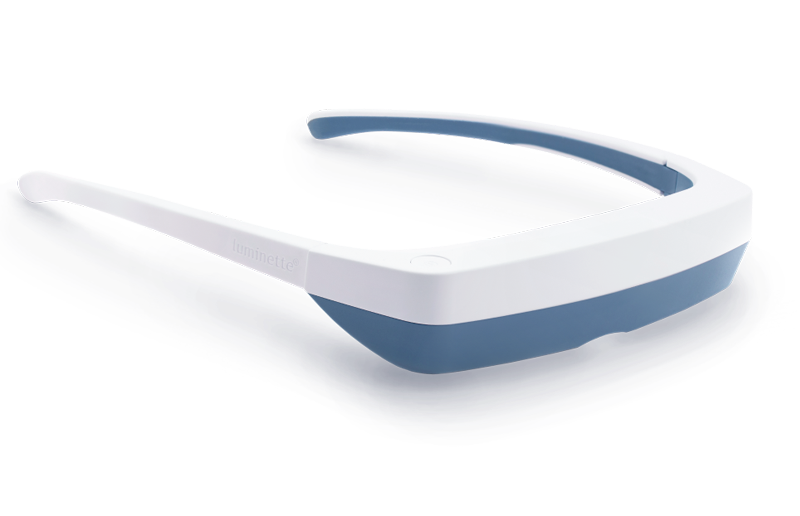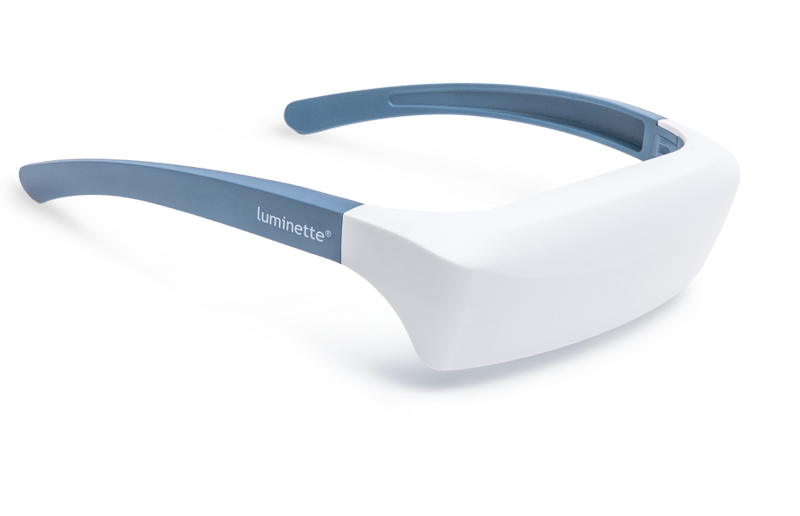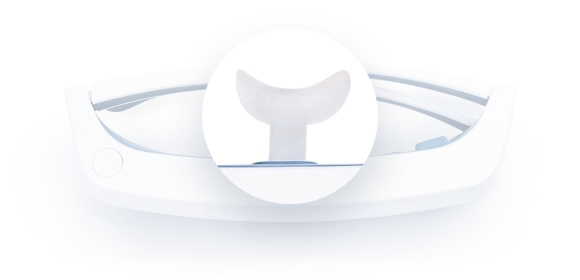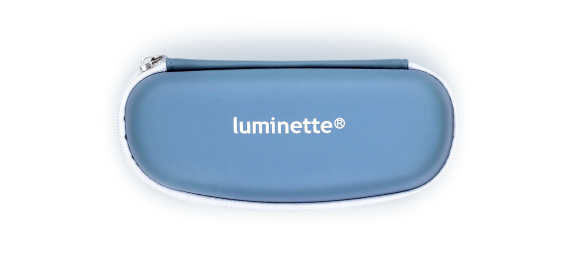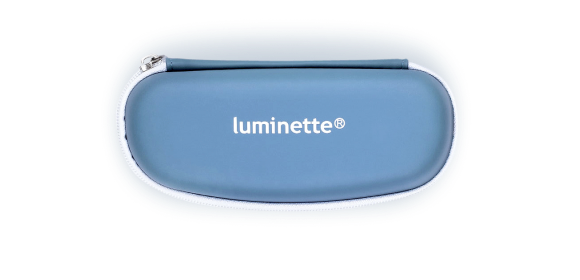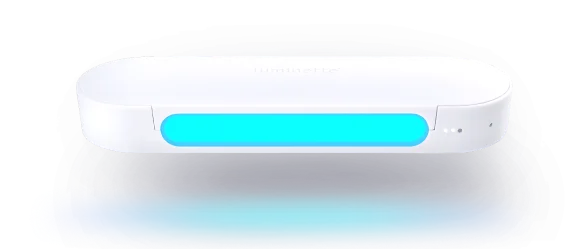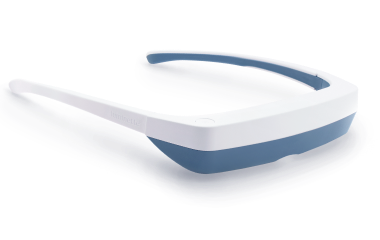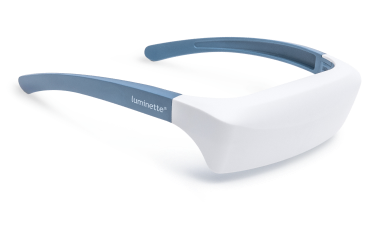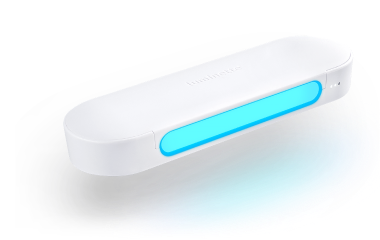A rejuvenating and relaxing sleep is necessary if you want to achieve peak productivity and maintain overall well-being. Unfortunately, not everyone is lucky enough to greet the mornings with zest and enthusiasm.
A restful night’s sleep hinges on the interplay between genetics, sleep hygiene, and personalized morning routines. While you don’t control your genetics, you can do a lot to get the other two factors right.
Understanding the science of sleep and effective morning habits is vital if you find mornings challenging and want to wake up with all cylinders firing.
Let’s discuss this in more detail in this blog and understand scientifically backed strategies for helping you wake up refreshed and rested.
Why is it difficult for me to wake up feeling refreshed?
If you wake up feeling groggy and listless in the morning, you are not alone. According to a 2023 study, as many as 60% of young adults don’t feel rested after waking up. Furthermore, not getting enough hours of shut-eye is not the only reason for feeling low on that morning energy.
There are several biological, environmental, and psychological factors at play when you transition from sleep to wakefulness. One of the less-talked-about phenomena that might make this transition difficult for you is sleep inertia.
What is sleep inertia?
In simple words, sleep inertia refers to grogginess and impaired performance immediately after waking up.
While we have all experienced sleep inertia occasionally, it becomes a problem when it lasts for several minutes or even hours.
The phenomenon was first identified in the 1950s among US Air Force pilots. The pilots reported feeling especially groggy, which impairs their performance and cognitive ability during early morning flight drills.
They explained how their brain couldn’t keep up with the rest of their body and seemed to be falling behind.
When you wake up, different parts of your brain don't activate at the same speed. Your motor functions might be working, but your prefrontal cortex—responsible for decision-making, attention, and complex thinking—takes longer to fully "boot up." This creates the sensation that your mind is lagging behind your body.
Sleep inertia occurs because your brain needs time to transition from sleep mode to wake mode. During sleep, your brain produces adenosine and other sleep-promoting chemicals. Upon waking, these substances don't immediately disappear, leaving you feeling drowsy and mentally foggy until your system clears them out.
Most people experience sleep inertia for 15-30 minutes after waking. However, severity can vary based on several factors, including which sleep stage you wake up from, how much sleep debt you have accumulated, your individual body's clock timing, and environmental factors like light exposure. Waking up from deep sleep typically causes more severe inertia than waking from lighter sleep stages.
While mild morning grogginess is normal, sleep inertia becomes concerning when it lasts longer than an hour after waking, significantly impacts your daily performance, occurs despite getting adequate sleep, or interferes with safety-sensitive activities like driving. Today's lifestyle factors, such as irregular sleep schedules, blue light exposure before bed, and poor sleep quality, can worsen sleep inertia, making it more severe and longer-lasting than our ancestors likely experienced.

What causes sleep inertia?
There are several reasons why you might experience sleep inertia. Some of the most common ones include:
Not getting enough sleep
If you suddenly wake up from deep REM sleep, your brain might trigger sleep inertia. The abrupt transition doesn’t allow your brain to gradually prepare for the wakeful stage, resulting in disorientation and fatigue.
Sleep cycle deprivation
You might get caught in the sleep inertia cycle if you make a habit of not getting enough sleep. When you are sleep-deprived, your body craves more rest, and waking up feels like a Herculean task.
Inadequate sleep quality
Getting a stipulated number of hours in the sack is not enough for restful slumber. You need to have proper sleep cycles of REM and NREM sleep to feel fully rested.
If you have medical conditions like sleep apnea, your sleep cycles might get disturbed at night, resulting in poor-quality sleep. When you wake up from such a sleep, your brain is not fully rested, and you feel dizzy and tired, even after spending 8-9 hours in bed.
Who struggles to achieve restful sleep?
Many struggle to feel fresh, rejuvenated, and rested after a night's sleep. The extent and severity of this issue can vary significantly between people based on several lifestyle, biological, and environmental factors.
That said, certain groups of people are more prone to developing sleep problems than others. If you belong to one of the following groups, you might need to rethink your sleep strategy:
Working adults
High-pressure jobs and juggling multiple roles can wreck your sleep, as constant stress overloads the mind’s ability to rest.
Older adults
As you age, changes in sleep architecture are common, and you might experience less deep sleep and more awakenings during the night.
Besides, older adults often have other health issues, like arthritis, acid reflux, and respiratory problems, that might prevent them from getting quality sleep.
Shift workers
If you have irregular sleeping schedules due to the nature of your work, or you are a night owl, you might experience a disturbance in your day-night cycle. It will interfere with your sleep, and you might not wake up refreshed.
Thankfully, there are ways to get a good night’s sleep and wake up with energy, even if you belong to these groups.
Exposure to natural light
Your body is governed by an internal biological clock that responds to light cues. When exposed to natural light throughout the day, this system springs into action, keeping you awake and refreshed.
When there is no natural sunlight, the system shuts off, helping you get the much-needed rest at night. Unfortunately, when you are not exposed to enough natural light, the system can falter, ruining the natural rhythm and causing sleep disorders.
So, how do you feel rested by reinforcing this natural cycle?
Try to get sunlight exposure for at least 30 minutes daily, preferably in the morning after you wake up. It will help your body regulate the levels of the sleep hormone melatonin, making it easier for you to fall and stay asleep and wake up with energy.
Light therapy is a perfect alternative for those who can’t get enough natural sunlight. It is a great way to mimic sunlight exposure to regulate your melatonin and align your day-night cycle.
When you use systems like the Lamp Drive from Luminette, it signals the brain to wake up, reinforcing a regular sleep-wake cycle.
Light therapy can be especially useful if you live in an area with scarce natural morning light or if your work schedule makes it impossible to enjoy natural light.
Using light therapy systems daily can significantly improve your sleep, helping you wake up fresher and more energized.
Regular exercise
If you are wondering how to wake up energized, then exercise might just be the answer to your sleeping woes. When you engage in regular exercise, your body releases certain neurochemicals called endorphins that help reduce stress.
Make a habit of exercising at least a few hours before your bedtime. Plan a session so that your core temperature returns to normal by the time you hit the bed.
Consistent meal times
If you are wondering how to get a good night's sleep and wake up refreshed, examine your eating schedule closely. Eating a healthy breakfast can kick-start your metabolism, filling you with energy for the rest of your day.
Maintaining a regular mealtime also helps your body maintain its biological clock and prevent any sleep disorder.
Ensure your meal has a good balance of proteins, fats, and carbs to sustain energy levels throughout the day. Having balanced meals daily is the best way to wake up feeling rested.
Create a restful environment for a good night's sleep
The secret of feeling more awake in the morning also lies in your sleep environment. Ensure that your bedroom is as conducive to restful snoozing as possible. The best way to wake up in the morning feeling refreshed is to keep your room cool, quiet, and dark.
Invest in good-quality mattresses and pillows that support your sleeping position. You can also experiment with blackout curtains and white noise machines to create a perfect sleeping environment.
Temperature control plays a crucial role in both falling asleep and waking up refreshed. Your body naturally drops its core temperature as you prepare for sleep, so a room that's too warm can interfere with this process. Most sleep experts recommend keeping your bedroom between 60 and 67°F (15-19°C) for optimal sleep quality. Consider using breathable bedding materials like cotton or bamboo that help regulate body temperature throughout the night.
Air quality is another often overlooked factor that can significantly impact your morning energy levels. Poor ventilation can lead to stuffy air with higher carbon dioxide levels, which may contribute to morning grogginess. Opening a window slightly or using an air purifier can help maintain fresh air circulation in your bedroom.
The timing of light exposure is as important as darkness during sleep. While you want complete darkness for sleeping, exposure to bright light immediately upon waking can help signal to your brain that it's time to be alert. Consider using a sunrise alarm clock that gradually increases light intensity to mimic natural dawn, or simply open your curtains as soon as you wake up to let natural light flood your room.
Remove electronic devices or at least put them in airplane mode to eliminate the subtle lights and electromagnetic fields that can disrupt sleep quality. Even small LED lights from electronics can interfere with melatonin production. If you must keep devices nearby, use blue light blocking covers or face them away from your bed.
Pay attention to the cleanliness and organization of your sleep space. A cluttered, messy bedroom can create subconscious stress that affects sleep quality. Fresh, clean bedding changed regularly not only feels more comfortable but can also improve air quality and reduce allergens that might disrupt your rest.
To learn more, read Best Ways to Sleep: Tips for Creating a Restful Sleep.
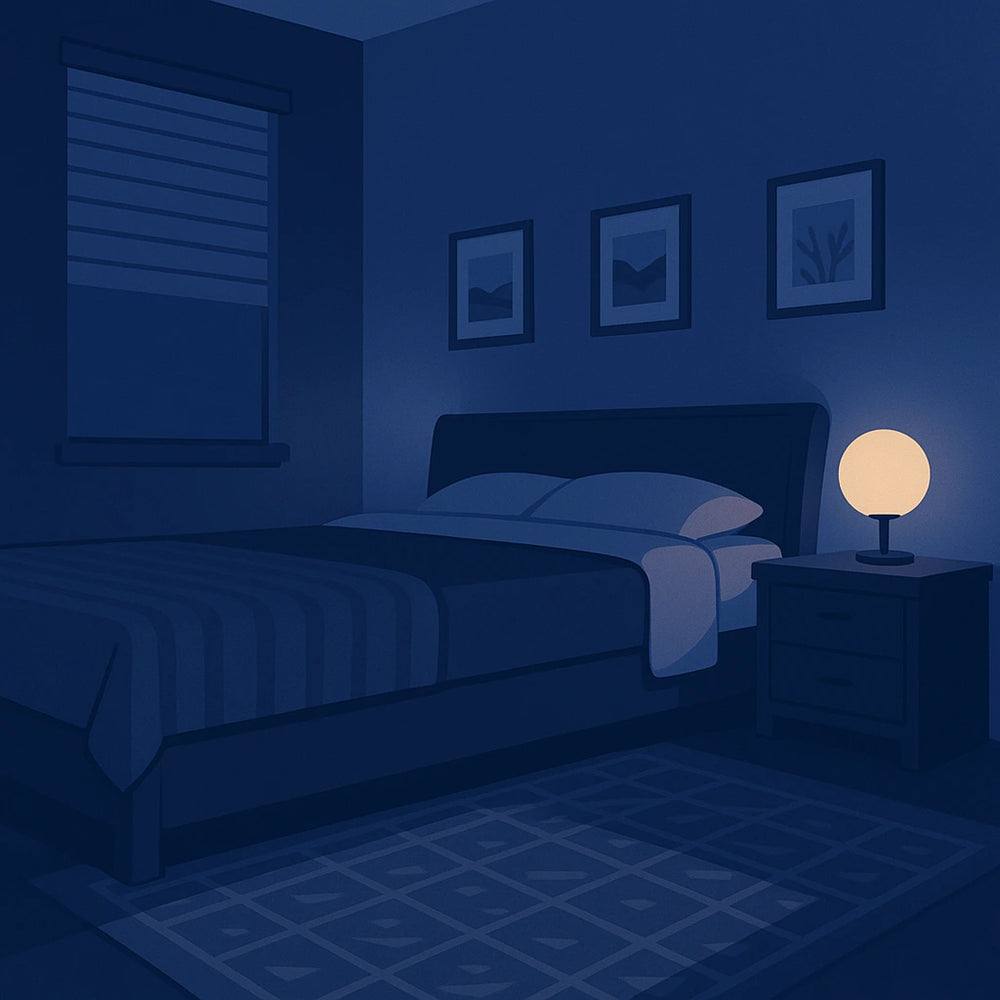
What can you avoid to get a more restful sleep?
Doing the right things is insufficient for a good night’s sleep. Certain things, especially immediately before bed, should also be avoided to prevent sleep issues. They include:
Avoid using the snooze alarm clock
The snooze setting in your alarm ruins your sleep cycle. Hitting the snooze button causes you to re-enter deep sleep, making it difficult to wake up again.
If you hit the REM cycle after snoozing the alarm, your brain might feel a sudden jolt when the alarm rings again. It might send the brain into a sleep inertia, making you feel dizzy and tired when you wake up.
Avoid having caffeine close to your bedtime
Caffeine from that late-night cup of coffee or cola can send your brain into sleep inertia, keeping you awake long past bedtime. Sleeping late will start the vicious cycle of sleep deprivation, making you feel groggy when you wake up.
Avoid eating before bed
Eating too close to your bedtime can interfere with the quality of sleep. As your body marshals resources to digest your food, it might take longer to fall asleep.
Avoid using the bed for work
Your bed is a place to sleep in, not a place to work. Spending too much time in bed doing activities other than sleep, like work, might create a negative reinforcement in your mind about its utility.
You should always associate the bed with sleep; that way, when you lie down, your subconscious mind will start preparing for sleep immediately.
Experience Light Therapy with Luminette Products
While optimizing your sleep environment is crucial for reducing sleep inertia, incorporating light therapy into your daily routine can provide an additional powerful tool for improving morning alertness and energy levels. Luminette's innovative light therapy devices are specifically designed to help regulate your body's clock and combat the grogginess that comes with sleep inertia.
Luminette 3: Revolutionary Light Therapy Glasses
The Luminette 3 offers a hands-free solution to morning grogginess by delivering targeted light therapy while you go about your daily activities. These innovative glasses emit blue-enriched white light at 1,500 lux, specifically calibrated to signal to your brain that it's time to be alert and awake. Unlike traditional light therapy boxes that require you to sit stationary, the Luminette 3 allows you to continue with your morning routine—whether you're eating breakfast, reading, or getting ready for work.
The patented optical system positions the light above your field of vision, ensuring you receive therapeutic benefits without any glare or obstruction to your daily activities. Weighing only 65 grams, these lightweight glasses are comfortable enough to wear for the recommended 20-60 minute sessions. Clinical studies have shown that 68% of users reported improved sleep quality, while 58% noticed increased energy levels and reduced fatigue.
Luminette Drive: Portable Light Therapy for Active Lifestyles
For those who struggle with morning commutes or spend long hours at a computer, the Luminette Drive offers a unique 2-in-1 solution. This compact, portable device can be easily attached to your car's sun visor or the edge of your computer monitor, allowing you to receive light therapy during activities you're already doing.
The Drive's magnetic clip system makes it incredibly easy to install and remove in seconds. With three adjustable light intensities and sessions lasting 20-45 minutes, you can customize your light exposure based on your individual needs and sensitivity. The device uses low-intensity blue light positioned above your eyeline, ensuring it doesn't interfere with driving safety or work productivity.
Takeaway: Utilise effective tips to get a restful sleep
Sleep is a big part of your health, and getting enough and good quality sleep is paramount. If you find yourself waking up tired and groggy, it is time to examine your sleep routine and habits.
Ensure you get exposure to enough natural light, engage in regular exercise, and avoid stimulants like coffee before going to bed. Try to develop a sleep schedule that works with your routine and gives you enough high-quality sleep.
If you can’t get enough natural sunlight, a light therapy device like the Drive from Luminette is a great alternative. This small device attaches to the visor of your car, bathing you in low-intensity blue light that gives you all the benefits of natural sunlight without interfering with your vision. Experience a boost in energy and alertness with just a 20-minute session while you are on the go.
FAQ
What habits can help me wake up feeling refreshed?
If you want to wake up feeling refreshed, engage in regular exercise, limit your caffeine and alcohol intake, and avoid screens before bedtime. These habits will help your body reset its biological clock, giving you a more restful sleep.
How does hydration affect my sleep?
Staying hydrated is critical to sustaining overall health, including sleep quality. If you are dehydrated, you might feel excessively tired, which can disrupt your sleep cycle.
Can adjusting my sleep environment help me wake up feeling better?
Sleeping in a quiet, dark, and cold environment has a significant positive effect on your sleep quality. Consider using earplugs, eye masks, or dark curtains to create a perfect sleeping environment and keep distractions away.
How long does sleep inertia typically last after waking up?
Sleep inertia usually lasts between 15 and 30 minutes for most people, but it can extend up to several hours in cases of severe sleep deprivation or when waking from deep sleep stages. The duration depends on factors like your sleep quality, circadian rhythm, and individual biology.
Is it normal to experience sleep inertia every morning?
Mild sleep inertia is normal and experienced by most people occasionally. However, if you consistently wake up feeling extremely groggy for extended periods despite getting adequate sleep, it may indicate underlying sleep quality issues or circadian rhythm disruption that should be addressed.
Are certain people more prone to severe sleep inertia than others?
Yes, shift workers, teenagers, frequent travelers, parents of young children, and people with medical conditions like sleep apnea are more susceptible to severe sleep inertia due to disrupted sleep patterns, irregular schedules, or underlying health issues affecting sleep quality.
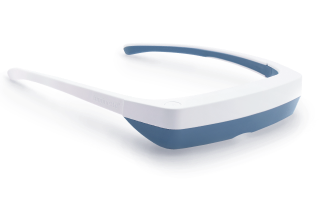
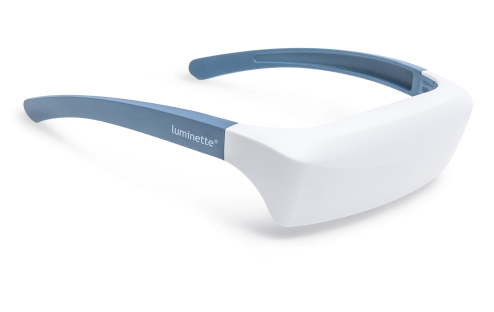
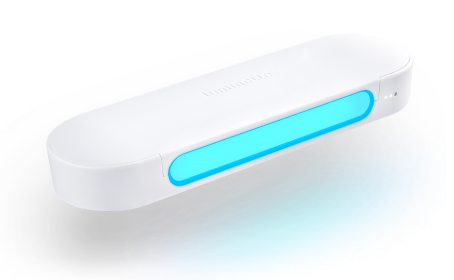
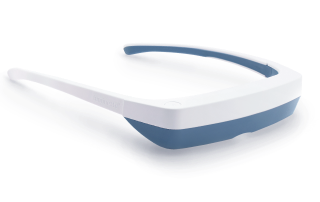
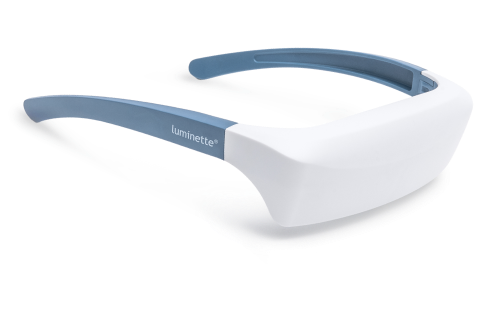
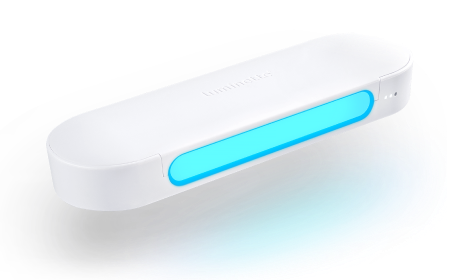
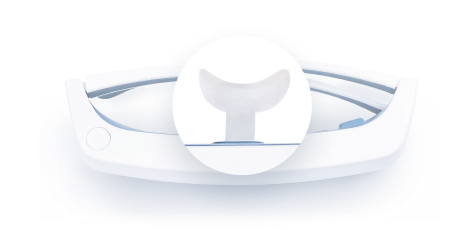
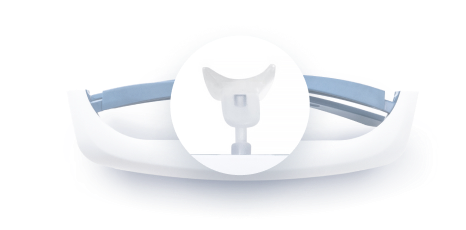
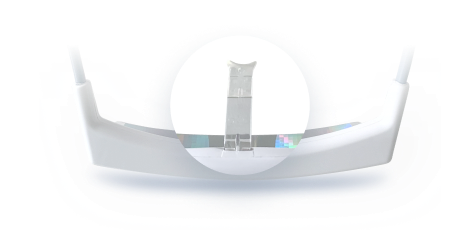
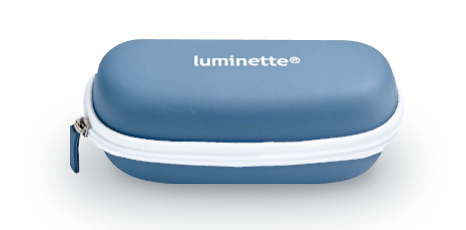
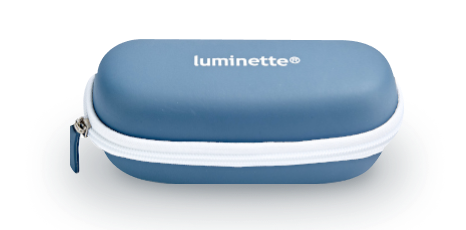











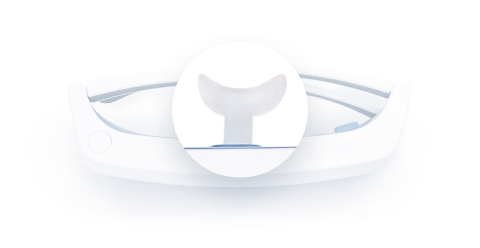
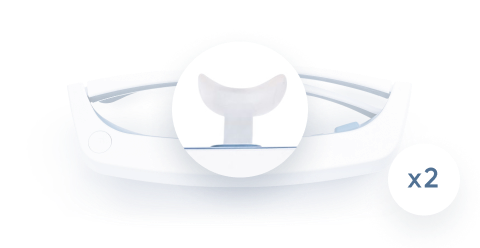
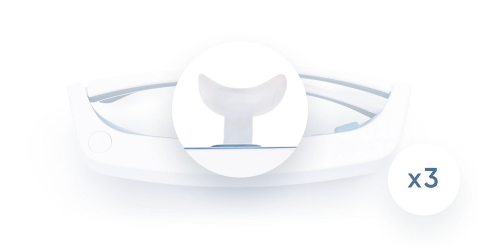

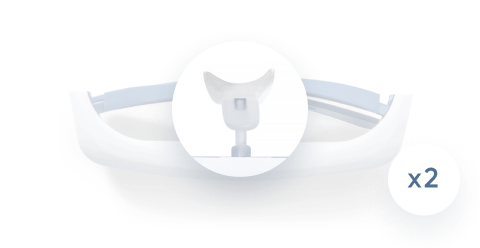
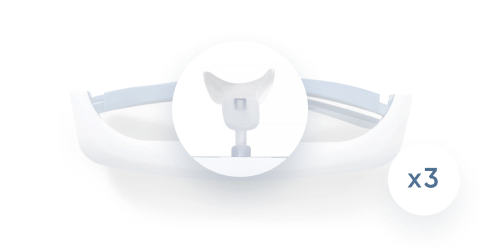
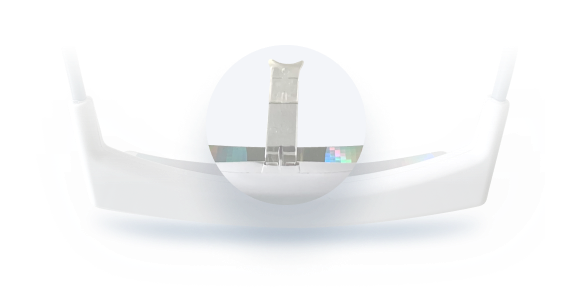
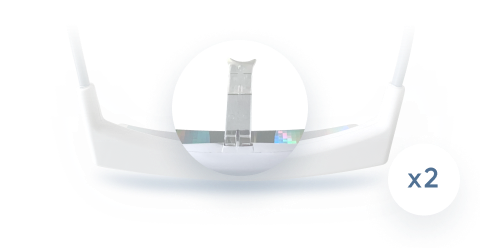
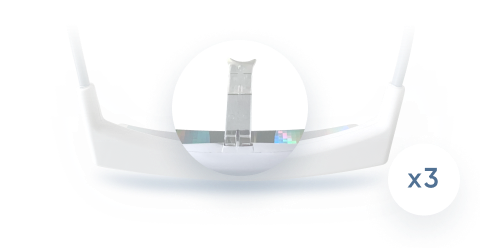
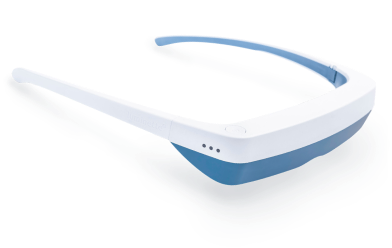
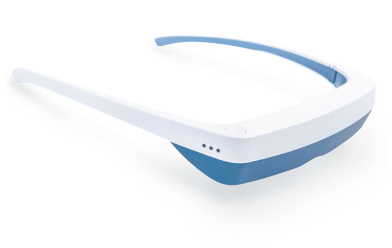
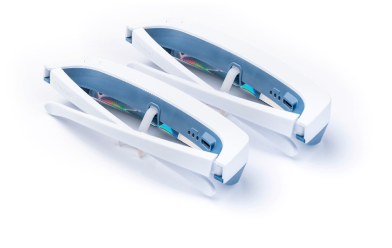




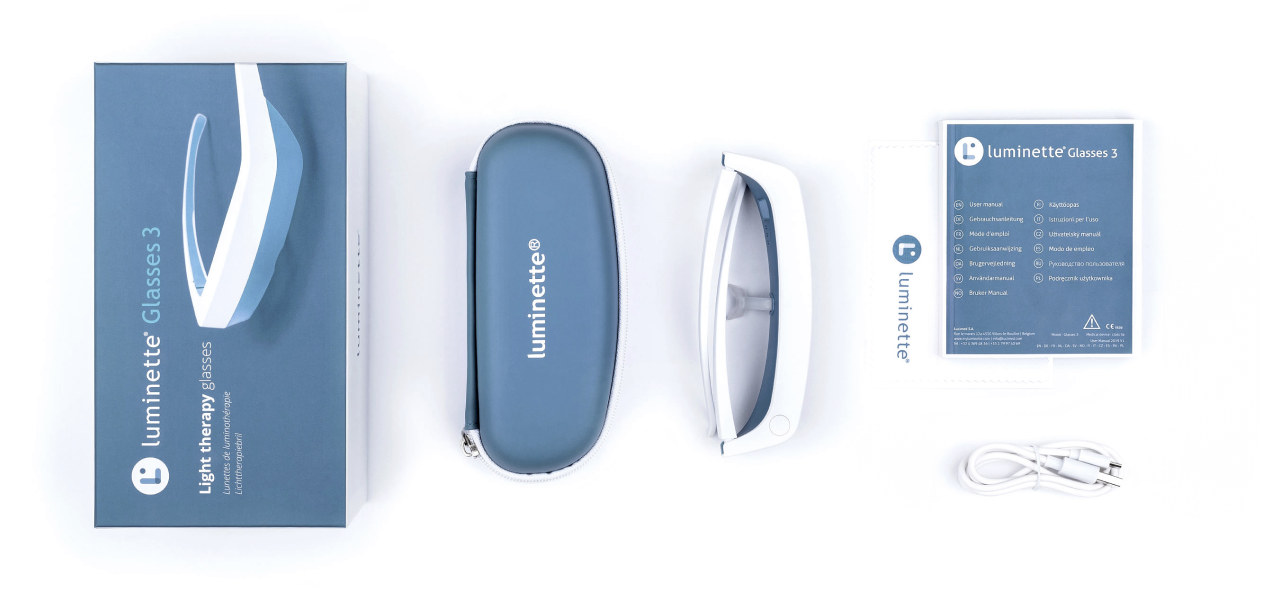
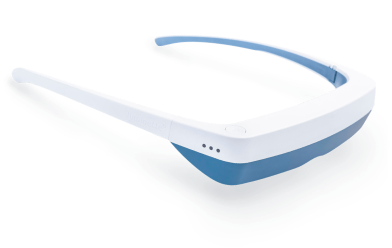
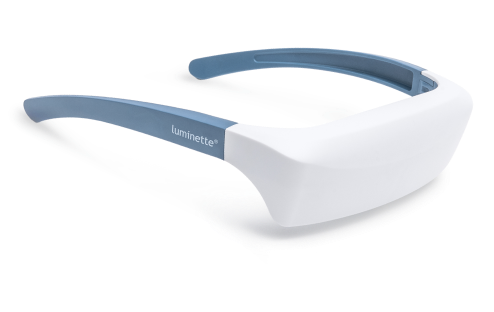
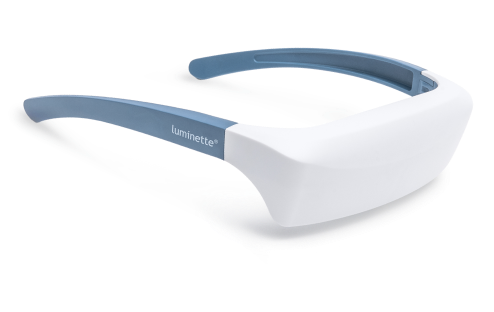
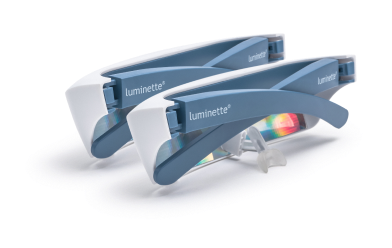

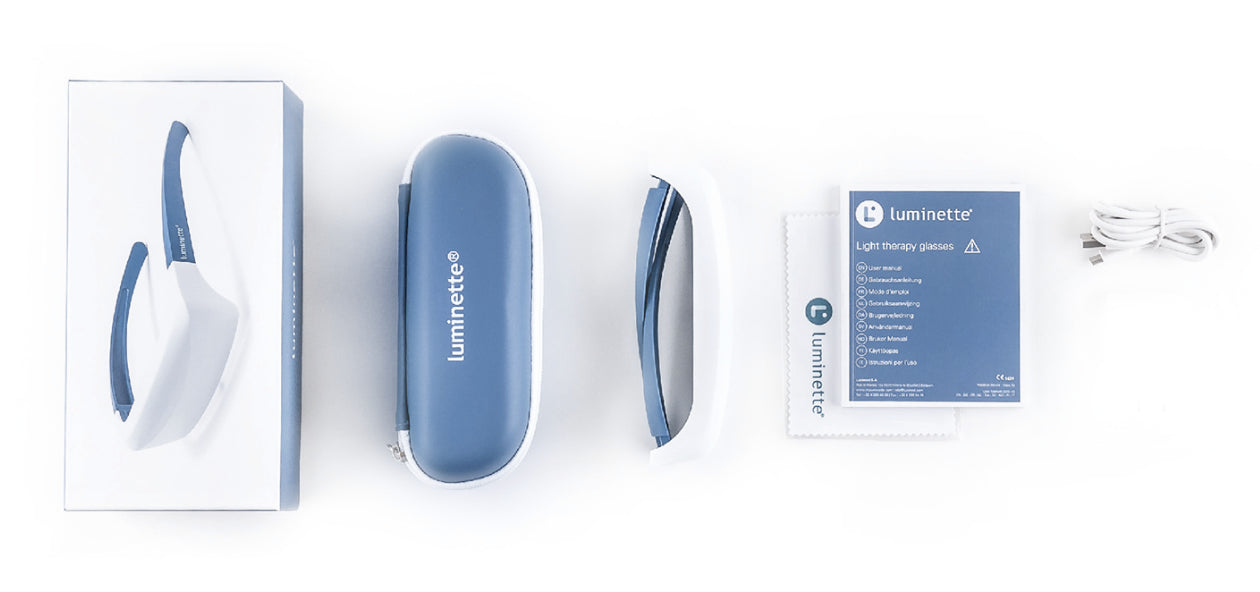
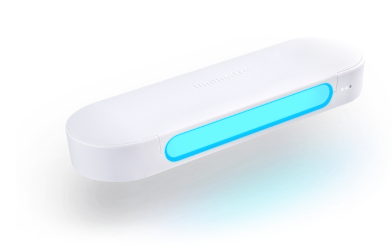
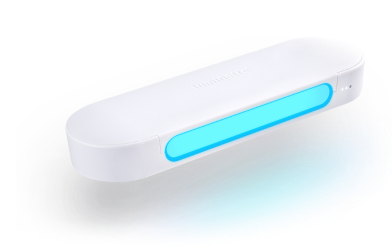
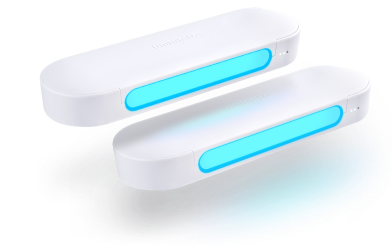
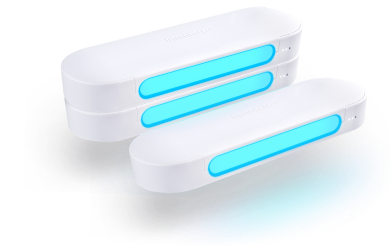
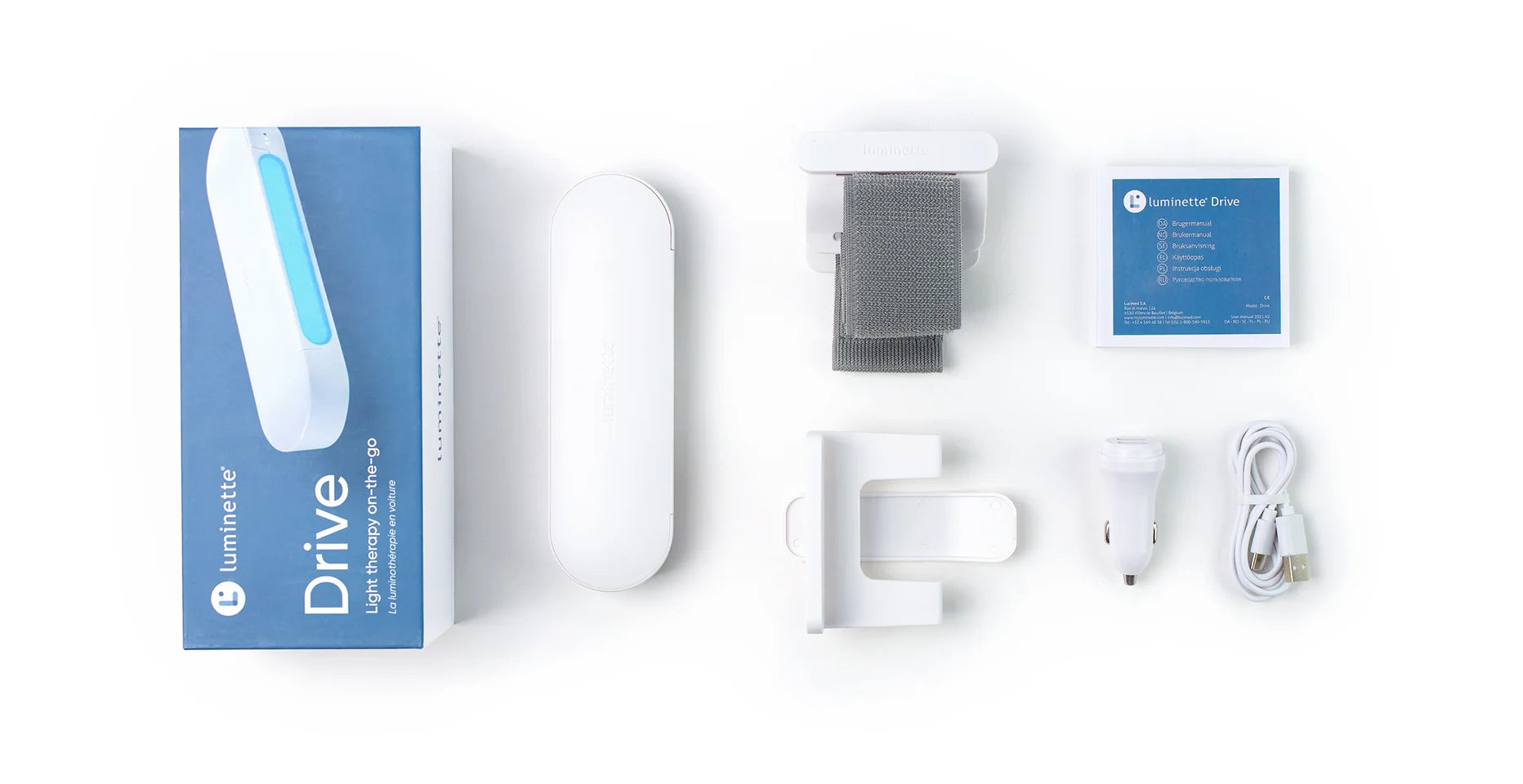

 Please note
Please note


